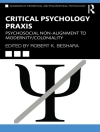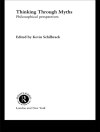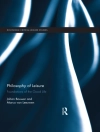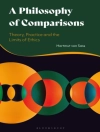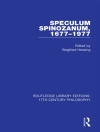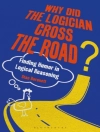In Self, Value, and Narrative, Anthony Rudd defends a series of interrelated claims about the nature of the self. He argues that the self is not simply a given entity, but a being that constitutes or shapes itself. But it can only do this non-arbitrarily if it has a sense of the good by which it can be guided as it chooses to endorse some of its desires or dispositions and repudiate others. This means that there is an essentially ethical or evaluativedimension to selfhood, and one which has an essentially teleological character. Such self-constitution takes place in narrative terms, through one’s telling-and, more importantly, living-one’s own story. Versions of some or all of these ideas have been developed by various influential writers (including Frankfurt, Korsgaard, Mac Intyre, Ricoeur, and Taylor) but Rudd develops these ideas in a way that is importantly different from others familiar in the literature. He takes his main inspiration from Kierkegaard’s account of the self, and argues (controversially) that this account belongs in the Platonic rather than the Aristotelian tradition of teleological thinking. Through close engagement with much contemporary philosophical work, Rudd presents a convincing case for an ancient and currentlyunfashionable view: that the polarities and tensions that are constitutive of selfhood can only be reconciled through an orientation of the self as a whole to an objective Good.
Anthony Rudd
Self, Value, and Narrative [PDF ebook]
A Kierkegaardian Approach
Self, Value, and Narrative [PDF ebook]
A Kierkegaardian Approach
Beli ebook ini dan dapatkan 1 lagi GRATIS!
Bahasa Inggris ● Format PDF ● ISBN 9780191635489 ● Penerbit OUP Oxford ● Diterbitkan 2012 ● Diunduh 6 kali ● Mata uang EUR ● ID 2589575 ● Perlindungan salinan Adobe DRM
Membutuhkan pembaca ebook yang mampu DRM


